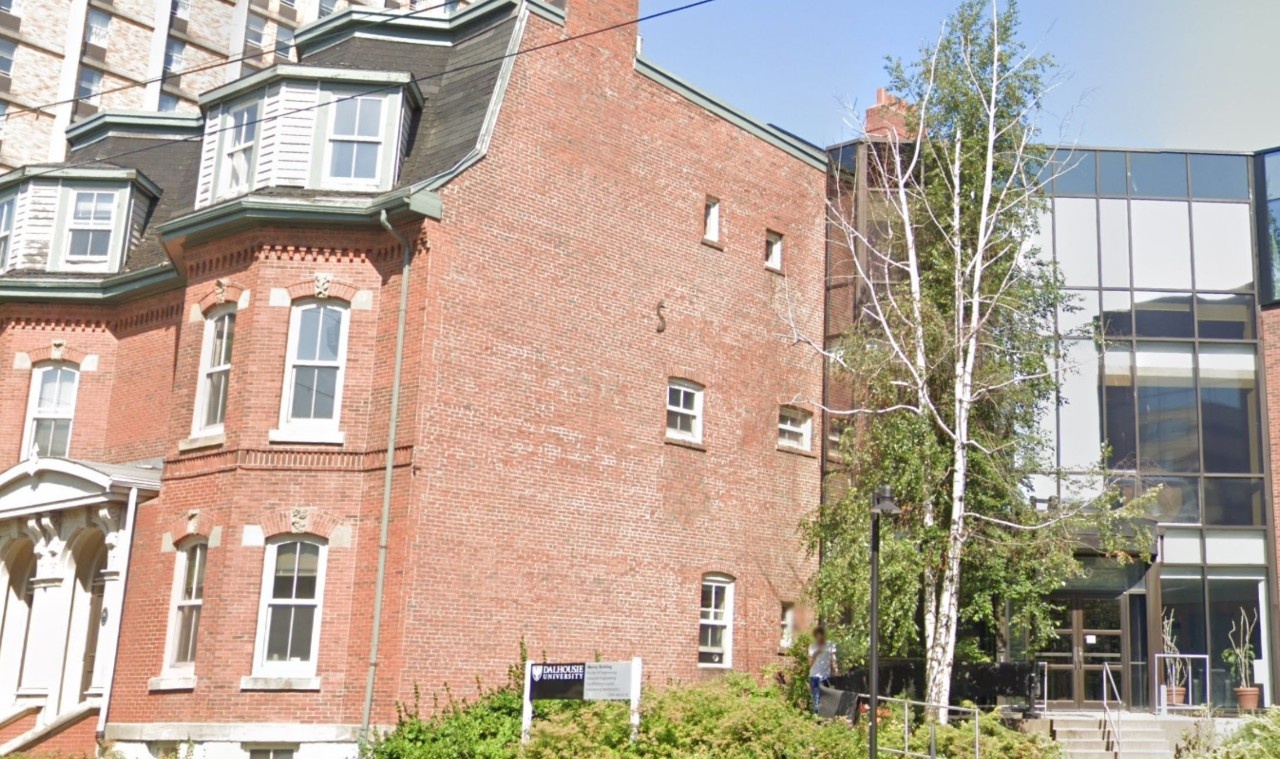Dr. Nikolaos P. Ventikos
Exploiting automation and autonomy in the maritime domain: Challenges and benefits
Associate Profesesor
Labratory for Martime Transport
National Technical University of Athens
Greece
Date: March 24, 2021
Time: 1:00-2:00 PM
Venue: Online Event
Abstract
In the past decade, maritime automation and autonomy have been at the forefront of research and innovation. Work is being conducted at multiple levels, including development of enabling technologies, human-machine interaction, safety assurance, and the necessary regulatory framework. The main argument for developing maritime autonomy is the perceived benefit of improved safety by minimizing and/or supporting the humans-in-the-loop, which are generally considered as the major contributors to drifting into unsafe states.
However, this could be a naïve statement if we consider that highly automated and autonomous marine systems will be more complex, compared to conventional ones, and that the human element will probably not be eliminated but rather its role differentiated. Therefore, assuring and proving adequate safety may prove to be a more challenging objective than initially expected. Safety is one of the most important aspects for large scale operation of autonomous systems concepts. However, their adoption also strongly depends on such diverse issues as their potential benefits for business results in different market segments and the public’s risk perception. Therefore, future adoption from ship owners and operators will depend on the strength of the relevant business cases, which will provide justification for making investments.
Towards this end, this talk will give an overview of ongoing research in the EC-funded, Horizon 2020, MOSES research project. MOSES stands for Automated Vessels and Supply Chain Optimisation for Sustainable Short Sea Shipping. The main objective of the project is to significantly enhance the contribution of the Short Sea Shipping component of the European container supply chain. It aims at addressing problems associated with large containership operation in Deep Sea Shipping ports of the European TEN-T network and stimulate the participation of small ports with limited or no cargo handling infrastructure in the supply chain. MOSES will develop highly automated/autonomous technologies and processes for sustaining feeder services from large to small ports. The expected benefits are positioned in the safety, environment, and efficiency domains, which will be exploited to justify relevant business cases.
Ìý
Speaker Biography
Dr. Nikolaos P. Ventikos is an Associate Professor in the Laboratory for Maritime Transport (LMT) at the School of Naval Architecture and Marine Engineering of the National Technical University of Athens (NTUA), Greece. His expertise includes work in the fields of maritime safety and risk analysis, autonomous system safety, risk and resilience engineering, human factors, systems engineering, maritime sustainability, and environmental risk assessment. During his presence at NTUA, he has participated in and coordinated major EU-funded research projects that implement innovative approaches for ensuring maritime safety and efficiency and that cover technical, human-related, and environmental aspects. Dr Ventikos is an active faculty in research and academic activities, which include teaching at under-graduate and post-graduate level courses and supervising Diploma and Post-Graduate Theses and Doctoral Dissertations. He is also the head of the Maritime Risk Group (MRG), which is an academic unit within LMT with active involvement in research activities related to his expertise. He has also participated in the Hellenic Delegations at the International Maritime Organization (IMO) and the Regional Marine Pollution Emergency Response Center for the Mediterranean Sea (REMPEC) on issues related to oil pollution (as a result of marine accidents) and ship air emissions. He has published significant parts of his work in peer reviewed journals and has given over 110 presentations and lectures at various international scientific conferences and symposia with topics relevant to his expertise.
For further information, please contact at: niven@deslab.ntua.gr
Ìý
Industrial Engineering seminar series contact person:
Dr. Floris Goerlandt
email: floris.goerlandt@dal.ca
General Enquiry:
Ms. Tara Parker
Tel: 902.494.3281
email: tara.parker@dal.ca
